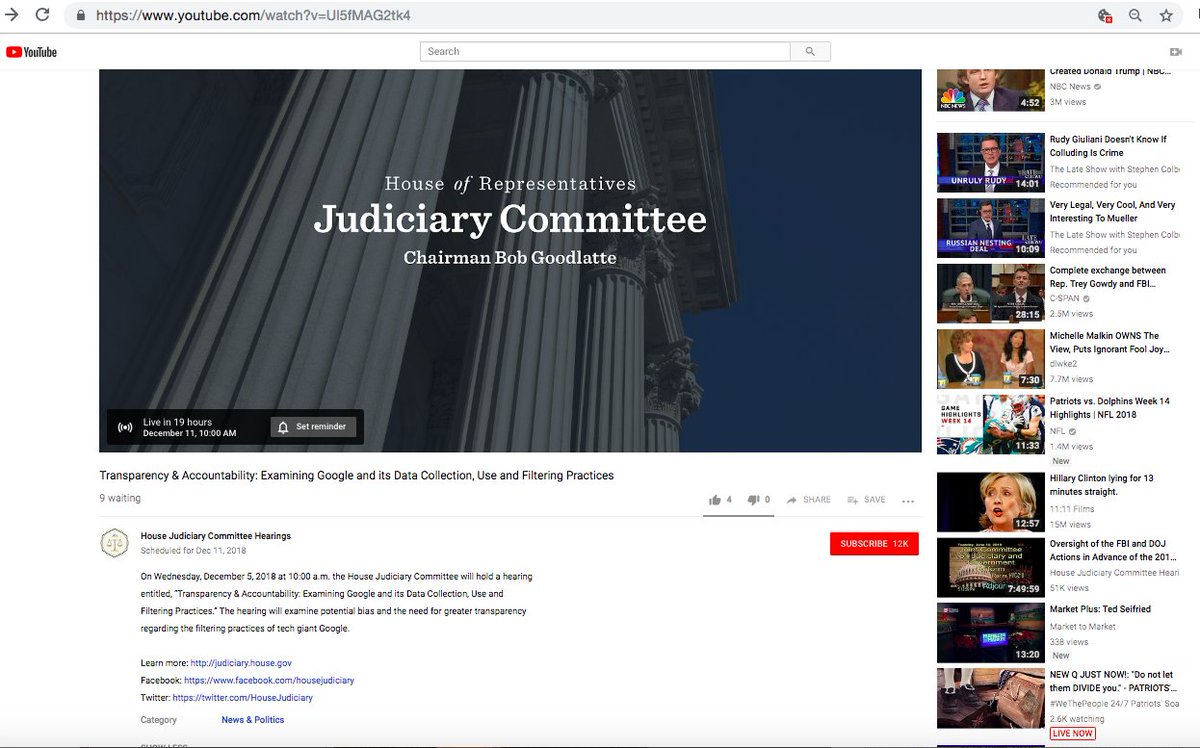[Cue wild cheers]
washingtonpost.com/opinions/why-r…
Positive feedback is more pleasant. The problem, as any biologist (or sales force manager) will tell you: all-positive-feedback systems are unstable.
Affirmative consent doesn't fix this problem. At all.
Also, as a matter of policy, "The authorities should make one gender terrified every time they enter the bedroom" seems ... disturbing.
Thanks, but ... no thanks.
And with that, have a good afternoon.












